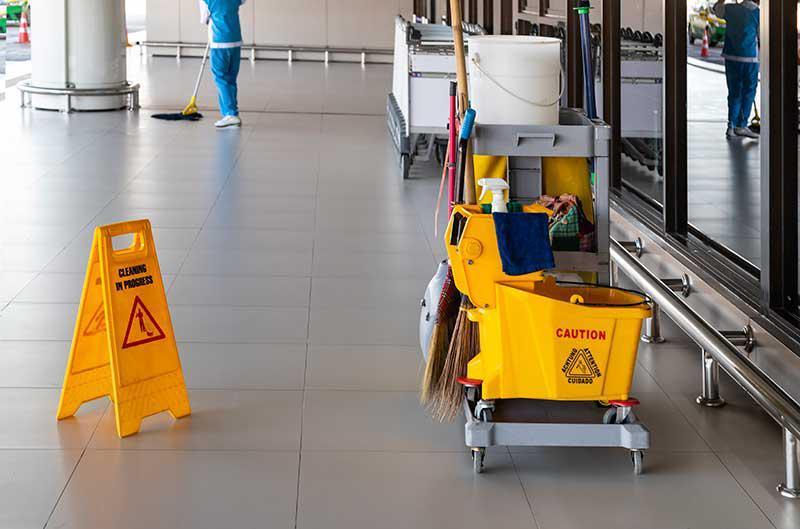As the custodial management contract with Aramark inside Chicago Public Schools (CPS) comes to an end, there’s a palpable mix of anticipation and reservation.The decision to bring management back under the district’s umbrella marks a significant shift. This long-awaited change is a positive step toward ensuring students and staff are provided consistently clean schools that support a warm, welcoming, and healthy environment. As is the case with any big change, it leads to questions about CPS’ readiness to shoulder this responsibility effectively. In a conversation with Ryan Belville, a prominent voice within the CPS community and CPAA Board member, the complexity of this transition becomes evident. “Is CPS ready?” Belville poses one of the critical questions looming over this change. He underscores the importance of effective management systems for monitoring and ensuring school cleanliness, highlighting the pivotal role of school principals in overseeing this transition’s success. Belville’s experience underscores the nuanced challenges at play. While certain vendors, like Vargas, have operated successfully in specific school communities, the issue lies in management — not in custodial services themselves. “Even when Aramark provided management, Vargas was still providing custodians,” Belville notes. This continuity in custodial staff reveals that the core responsibility for success lies in management practices rather than personnel. Belville says school leaders have voiced concerns for many years, and although he is optimistic, he is still concerned that principals were not consulted — even though principal concerns were extensive. “I am hopeful and optimistic but recognize that there is skepticism amongst school leaders to a district-developed plan that was not closely collaborated with school leader input. School leaders want to share their experience and their knowledge about what has worked in the past.” And equally important … what has not worked. Questions about staffing, substitutes, work quality monitoring, and accountability measures linger. Principals, who have long voiced concerns, feel sidelined in the decision-making process. “The absence of school administrator voice in the development of a new management system is a concern." Belville asserts. He emphasizes the importance of incorporating the insights of those directly impacted by these changes, including principals, engineers, and unions like CPAA and SEIU. The lack of principal consultation (through CPAA) in the decision not to renew the Aramark contract is disappointing, even though the decision itself has the support of the principals. “So it feels hopeful, but it’s still a little frustrating,” he admits. Engaging with existing resources and considering models that have historically proven effective are key steps moving forward. “Right now, we could potentially be going down a path where we’re just creating more layers of management within facilities that don't save money, that don't serve schools, and are the same problem that we’ve had with Aramark.” He cautions against trying something new when we’ve had something that’s worked well in the past. He believes CPS will get closer to best answers and practices in partnership. “By working with our labor partners, like CPAA, we can bring experience to the table. Our engineers union who have experience in this — and SEIU, who indicated an interest in assuming responsibility for managing custodians should be included in the conversation.” Ultimately, Belville stresses the importance of dedication and engagement in the process. “Our schools are served well by individuals who are dedicated to their schools,” he asserts. By harnessing the commitment and expertise of those within the CPS community, Belville believes the district can navigate this transition successfully. As CPS prepares to reclaim control of custodial management, the spotlight is on effective collaboration, accountability, and a commitment to serving the best interests of students and staff alike. Only time will tell whether this transition will yield the desired results, but one thing remains clear: the voices of those within the CPS community must be heard every step of the way.

